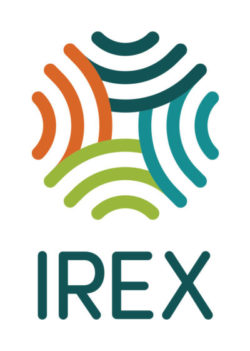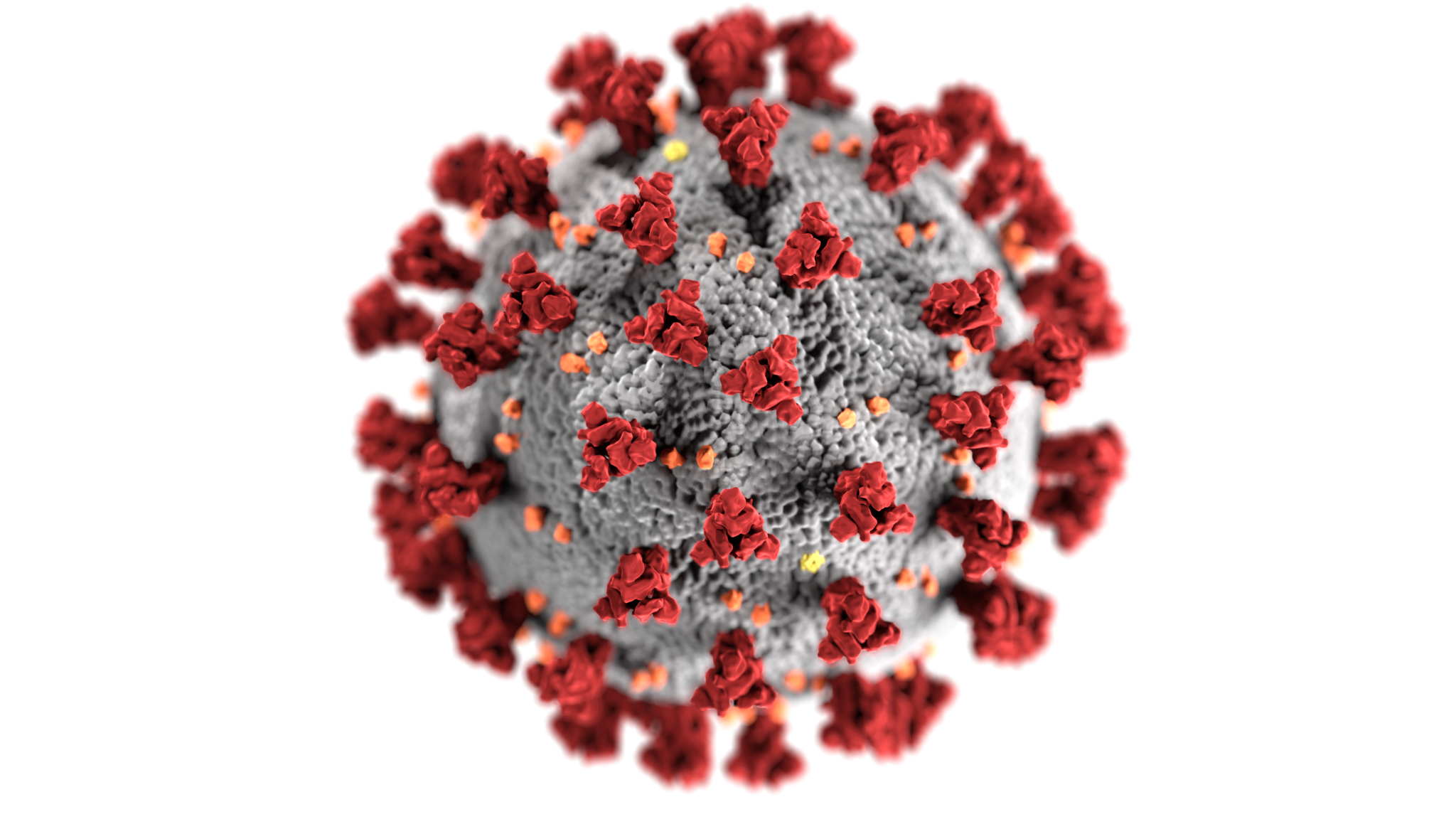In January of this year, the Daniel Boone Regional Library began coordinating with the Reynolds Journalism Institute at the University of Missouri and a non-profit called IREX (the International Research and Exchange Board) to initiate a year of programming and all-encompassing news literacy education efforts. We had plans for workshops and outreach efforts as well as fully integrating these opportunities into our technology classes.
Everything has changed.
COVID-19 has literally turned the world on its head and has caused widespread suffering and chaos. While societies  have shut down to help avoid the spread of the disease, misinformation has spread rapidly about nearly everything related to the coronavirus; its origins, proper (or improper) ways to handle its spread, even basic information about what kind of virus it is. No, it’s not just like the flu. Yes, coronaviruses also cause the common cold. Mistruths have run the gamut: Is this virus a form of Chinese biological warfare? No. Most countries don’t unleash biological warfare on their own people. Is it spread by 5G cell phone towers? Despite the persistence of this idea online, there is no evidence supporting it. Can you get COVID-19 from countertops or other contaminated surfaces? Yes, it is that virulent.
have shut down to help avoid the spread of the disease, misinformation has spread rapidly about nearly everything related to the coronavirus; its origins, proper (or improper) ways to handle its spread, even basic information about what kind of virus it is. No, it’s not just like the flu. Yes, coronaviruses also cause the common cold. Mistruths have run the gamut: Is this virus a form of Chinese biological warfare? No. Most countries don’t unleash biological warfare on their own people. Is it spread by 5G cell phone towers? Despite the persistence of this idea online, there is no evidence supporting it. Can you get COVID-19 from countertops or other contaminated surfaces? Yes, it is that virulent.
The tools for assisting with media literacy have also changed. At this juncture, the library is still not open to the public and the digital realm is where we must start this effort. Beginning on May 4, the Daniel Boone Regional Library is embarking on a social media campaign to help spread awareness about news literacy in this uncertain time. Using tools and social media resources through our partner, IREX, in this effort, we will attempt to spread the word about news literacy. The social media campaign is called “Wash Your News” and starts today.

Where can you get up-to-date information about the COVID-19 virus? The “Wash Your News” campaign suggests looking at credible sources and checking information before assuming something is valid. I would like to first suggest DBRL’s Coronavirus Topic Guide as one place to find links to several quality resources. For instance, all up-to-date and valid statistical information about the virus’s spread, its lethality and a full description of the epidemiology of this pandemic can be found at the World Health Organization’s main website: https://www.who.int/. Perhaps the very best link on the site for our purposes is called “myth-busters” which dispels many of the untruths associated with the pandemic. Although it has been suggested by some, it is not a good idea to mainline bleach to offset the effects of COVID. Is COVID transmitted by houseflies? Nope. Boom, busted that one too.
The Center for Disease Control in the US is also a very good source of information about the spread and containment of COVID-19: cdc.gov. Although you can’t find the best designs for cloth masks that are popping up around town these days on the site, the CDC IS recommending that sewing and using cloth masks when going out in public is epidemiologically sound. You can also find a great deal of local and regional information about the spread of the disease on the CDC site: https://www.cdc.gov/coronavirus/2019-ncov/cases-updates/cases-in-us.html
The DBRL/IREX social media campaign also proposes limiting the spread of information purely through the overuse and reliance on social media during this time. Many people in the world are experiencing some kind of shutdown or limited opportunities to socialize and gather and are relying on social media for more than watching the usual 2 or 3 hours of cat videos a day. Good practice might be turning off your phone for at least a few hours each day. Yes your cat’s tail is unusually fluffy and you just posted about it on Instagram. No, it doesn’t really matter how many likes it gets. Detox yourself from the digital world at times.
Please watch for DBRL’s media literacy campaign on any of our social media sites: Facebook, Twitter, Instagram and the main DBRL website when you do make the decision to peruse the digital world. This is just the beginning. Do you have a Facebook friend who likes to share spurious information? We might be able to help you address that! Look for more opportunities to sharpen your media literacy skills in the future — online or in person, depending on what circumstances allow. We will also be incorporating media literacy skills into our other programming when it fits. Please be safe, don’t forget to wash your hands and #washyournews.


